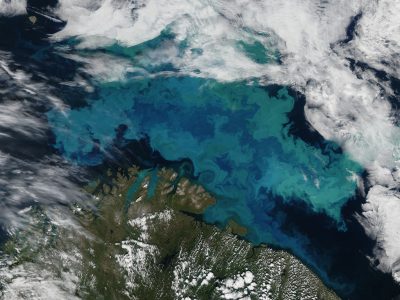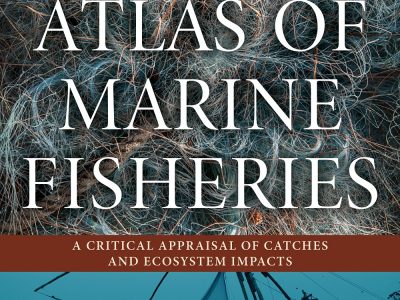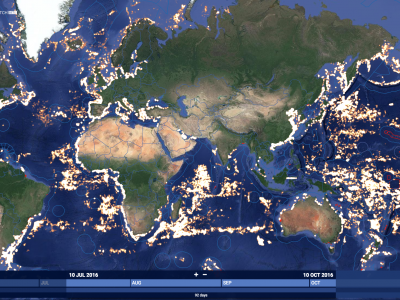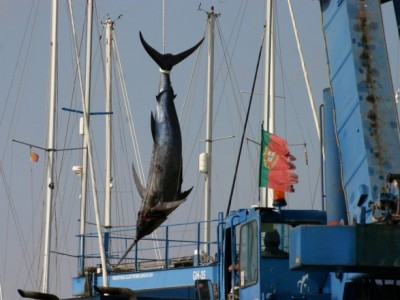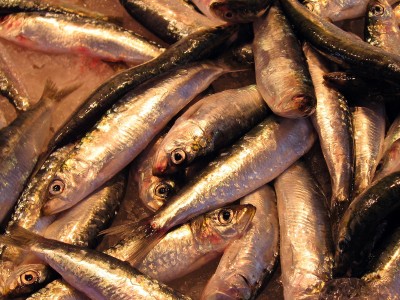Climate change could increase fishing fuel consumption
We know that fuel use contributes to climate change, but in a vicious circle, climate change could also increase fuel use in fishing. This is due to fish shifting their distributions due to warming waters. With this increased use of fuel and the increasing price, small-scale and artisanal fishers will have a harder time sustaining livelihoods and feeding their families under climate change.




